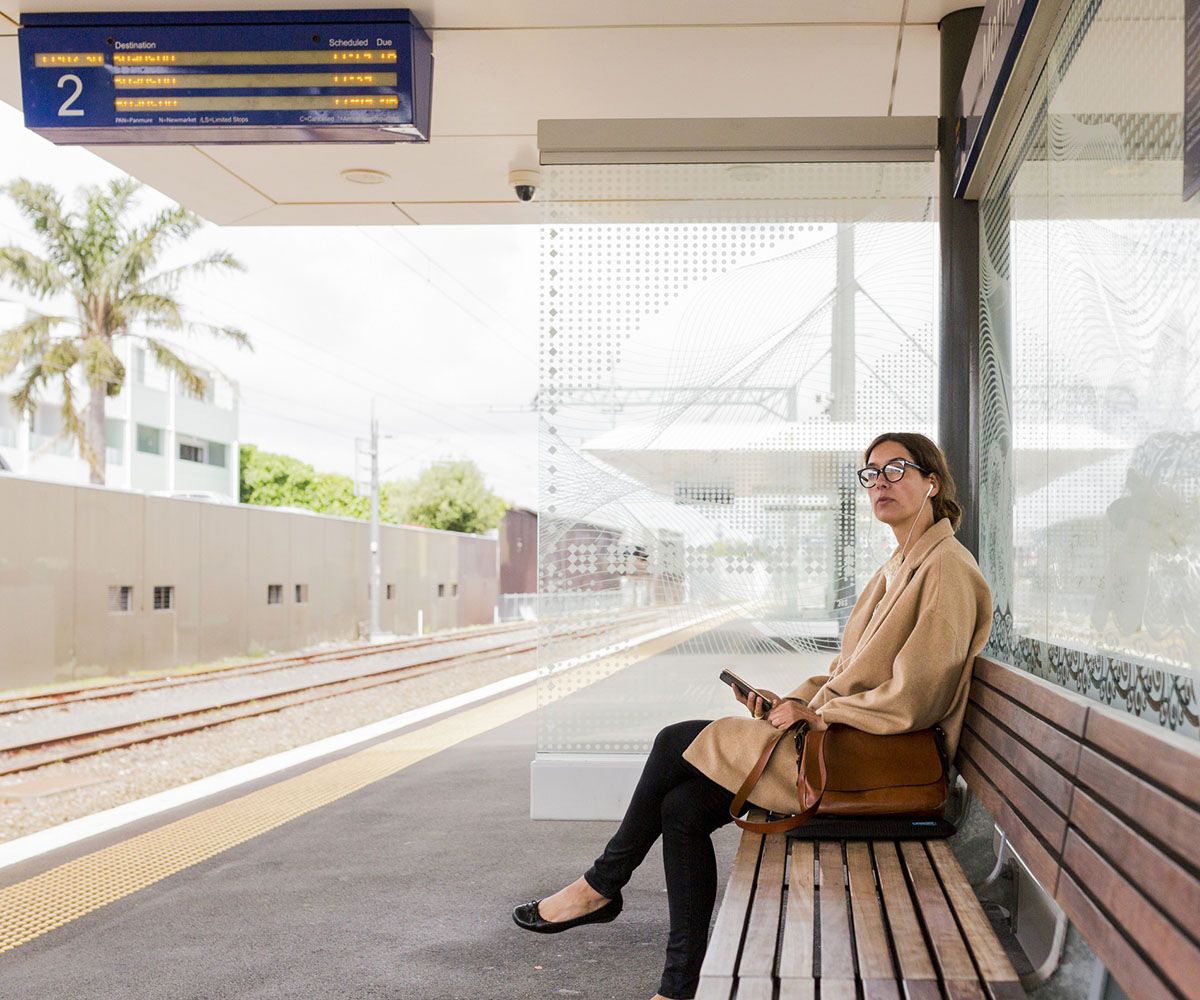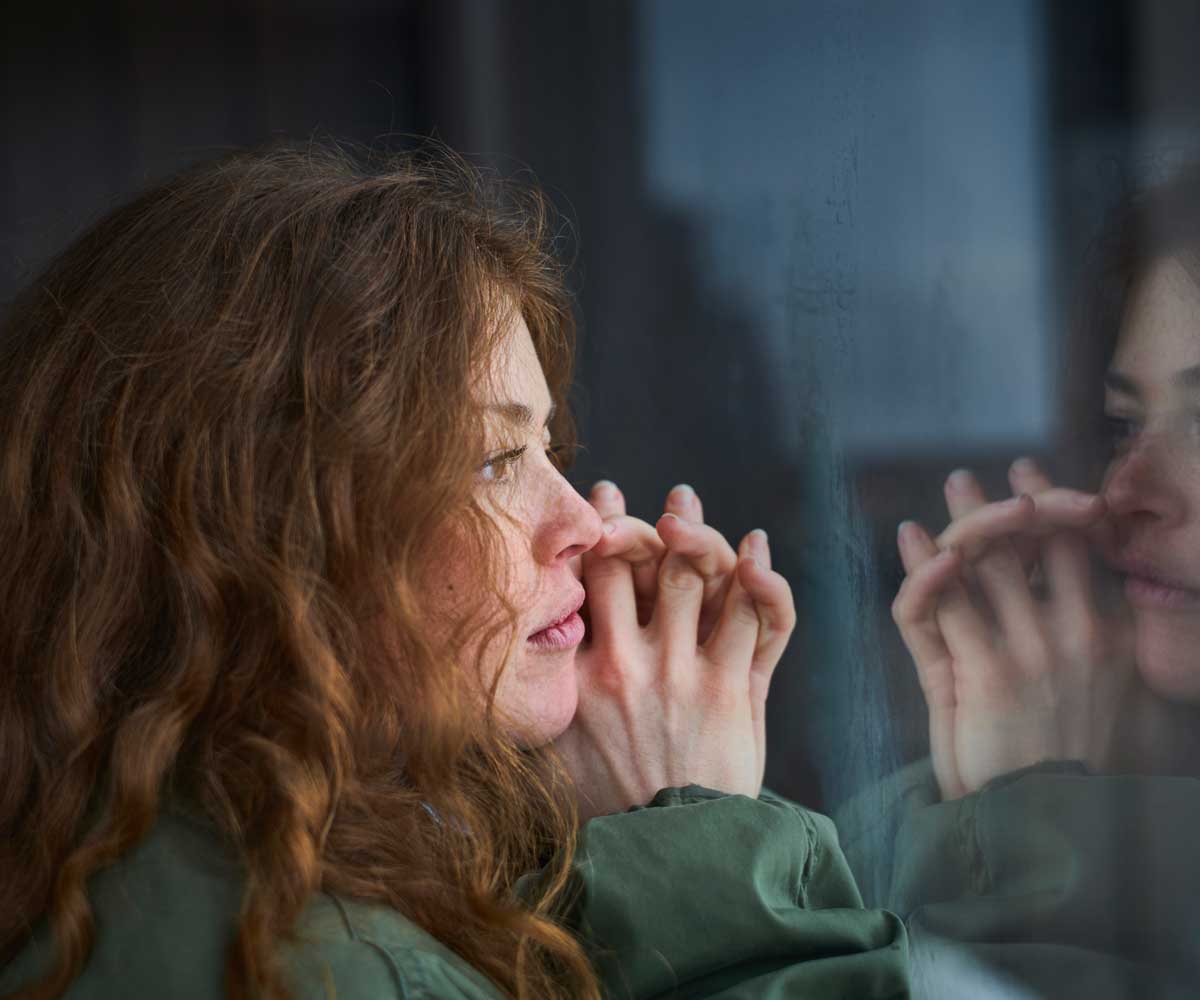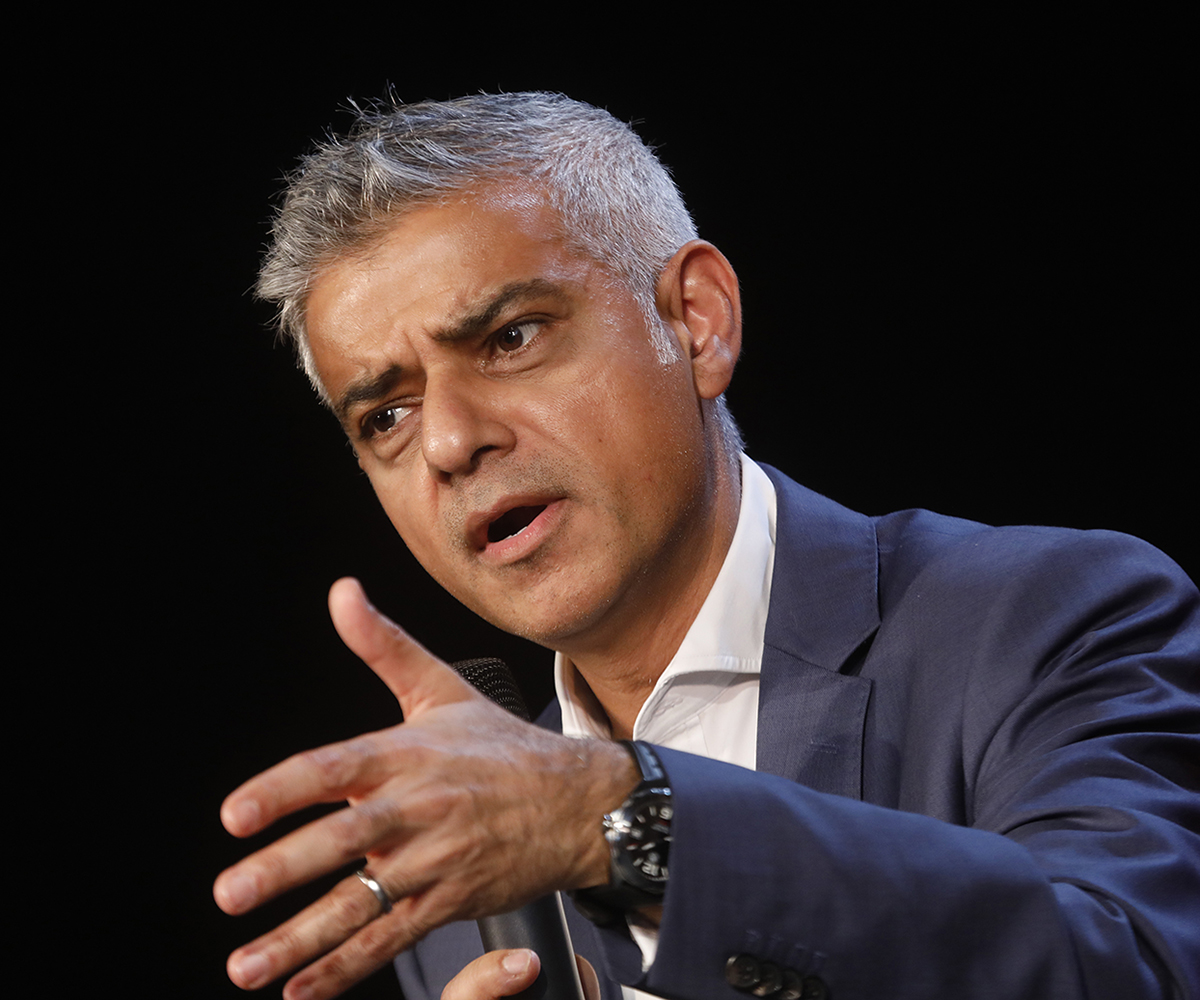An Australian organisation dedicated to preventing violence against women has released a confronting campaign that urges people to act if they witness sexual harassment.
In a short video by Respect Victoria, a woman looks highly uncomfortable on a train as a man stares at her from across the carriage.
Two passengers see what’s going on, and we hear the mental dialogue of one of them as he struggles over whether to do anything.
“He’s creepy,” he thinks. “Nah, he’s all right.”
The internal struggle continues with him rationalising that “it’s not a crime to look at someone”, before he finally decides to “do something”, stepping forward and standing between the man and woman. embarrassing the man into looking away.
It’s been applauded by Victorian Premier Daniel Andrews, who shared the clip on Twitter, saying: “This video will make you uncomfortable. It should — because this is what women experience every single day.”
And the infuriating truth is he is right.
Less than a week ago at a bus station on the North Shore in Auckland I witnessed a similar scenario.
A man, who appeared to be drunk, approached a young woman as she waited for her bus, and started talking to her. It was clear she was not comfortable, and then he started touching her cheek.
Before the shock had even registered on her face he dropped his hand and sauntered away. Many of us had been watching, but I’m embarrassed that not one of us had the confidence to intervene. I approached her afterwards to ask her if she was okay and waited with her until her bus arrived.

The bystander effect, where, in a crowd, people are unlikely to step forward and help others, is a very real phenomenon. It has been described as a “social paralysis” where we have a perceived diffusion of responsibility; we see others around us who seem like they’d be more likely to intervene, so we decide not to – and we also have a fear of standing out so we hold back to see what everyone else does.
But using that as an excuse is not good enough – and it never was.
NEXT magazine commissioned a survey last year, and found that 28 per cent of New Zealand females have been sexually assaulted. A further 82 per cent have been victim to sexual violence or harassment. For 66 per cent, the first time they found themselves in such a situation, they were under the age of 18.
Last weekend my 16-year-old daughter was followed by a man in a car while she walked to her friend’s house in the middle of the day from our local bus station. She hid behind a fence until he went away.
Last month my 30-something friend took to Facebook to express her fury at having to change the route she walked her dog on, to avoid the men who kept harassing her. Her post elicited a flood of similar stories from women who were fed up and men who were fed up for their partners.
As I write this my 20-something work colleague shares with me a story of her female flatmates, who witnessed a young woman being harassed by a man at an inner city train station in Auckland. They pretended they knew the woman and took her to wait with them, for which she was thankful.

In London, the city’s mayor Sadiq Khan has taken on hero status by pronouncing himself “proudly feminist” and pouring funds into services that protect women from violence.
He told Grazia, “Blokes, in particular…. have a bigger role to play.”
He says there’s a perception problem when it comes to who is responsible for violence against women.
“I hear too many people questioning her behaviour and not his.”
Victorian Premier Daniel Andrews has said similar, calling on men to step up – “stop harassing women, and start respecting women… stop ignoring this kind of behaviour, and start calling it out.”
Respect Victoria chair, Melanie Eagle, has said, “Personal safety in public spaces is everyone’s business and every traveller and commuter has the right to reach their destination safely.”
Meanwhile, Australia’s Minister for the Prevention of Family Violence, The Hon. Gabrielle Williams noted that even the smallest of acts can potentially stop sexual harassment from occurring.
“We all have a role to play in calling out sexual harassment.”
Yes, we do.

